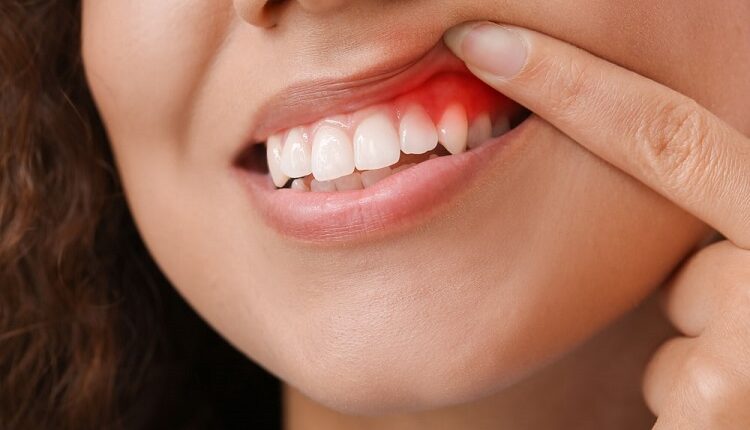What You Should Know About Gum Disease
Are your gums inflamed, red, and sore? Do they bleed whenever you floss or brush your teeth? If so, you may have gum disease. Nevertheless, it is also feasible that you may suffer from gum disease without your knowledge. According to the Centers for Disease Control and Prevention, about half of all adults in the United States aged 30 and above have gum disease. Louis Russell Jr., DDS of Russell Family Dentistry, wants to assist you in achieving an attractive, healthy smile by effectively diagnosing and treating gum disease. If you think you have gum disease, explore your care options by arranging an appointment with Tomball gum disease specialist, Dr. Russell, today through mobile or book online.
Table of Contents
What Is Gum Disease?
Gum disease is a term that encompasses two distinct mouth disorders. Gingivitis is a mild form of gum disease, whereas periodontitis is the more serious. Nonetheless, bacteria are at the root of both disorders.
Regardless of the number of times you brush or floss your teeth, your mouth is packed with bacteria. These microscopic organisms interact with mucus and other particles inside your mouth to form plaque, a sticky film that covers your teeth.
Routine flossing and brushing can eliminate the plaque, failure to which it solidifies into tartar, a hard, yellow substance. As plaque and tartar continue to accumulate on your teeth, your risk of developing gingivitis or periodontitis increases.
Suppose you have gingivitis; your gums become swollen, red, and bleed readily. Daily flossing and brushing, as well as routine cleanings at Dr. Russell’s clinic, are enough to reverse it. However, if gingivitis remains unaddressed, it could develop into periodontitis.
With periodontitis, you may see your gums pulling away from your teeth. Once this occurs, tiny pockets develop between your teeth and gums. These pockets allow plaque and food to gather, creating an ideal environment for infection. If periodontitis is not addressed, it could ruin the gums, bones, and other tissues that hold your teeth, leading to serious dental health problems.
What Are The Symptoms Of Gum Disease?
Most of the signs and symptoms of gum disease take time to manifest and become bothersome. Therefore, you might be suffering from poor dental health and be completely unaware of it.
The following are some of the symptoms you might observe if you have any types of gum disease:
§ Gums that are swollen and uncomfortable
§ Bleeding gums whenever you floss, brush, or consume hard foods
§ Receding gums
§ Foul breath that persists despite flossing, brushing, or using mouthwash
§ Infection symptoms, such as pus between the gums and teeth
§ Teeth that shift and separate, leaving loose teeth, spaces, or a change in how your lower or upper teeth fit together whenever you bite
§ Sores in the mouth
§ Dentures that do not fit or are loose
How To Avoid Gum Disease?
The good news is that gum disease is entirely avoidable. Some of the practices Dr. Russell suggests include:
§ Arrange routine checkups preferably after every six months
§ Avoid smoking
§ Maintain daily dental hygiene, such as regular flossing, brushing, and eating foods low in processed carbs and sugars
How To Care For Gum Disease?
If prevention is not an alternative, gum disease could be treated. Your treatment is tailored according to your condition and unique dental needs. Some of the treatment options available include:
§ Lifestyle adjustments, such as eating a balanced diet, flossing and brushing regularly
§ Scaling and root planing
If you suspect you have gum disease, do not hesitate to seek treatment. Call the office or use the online booking feature to schedule an initial consultation with Dr. Russell right away.

